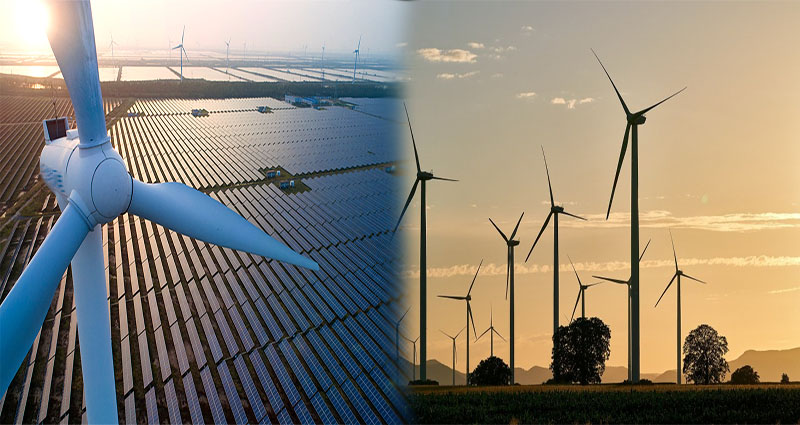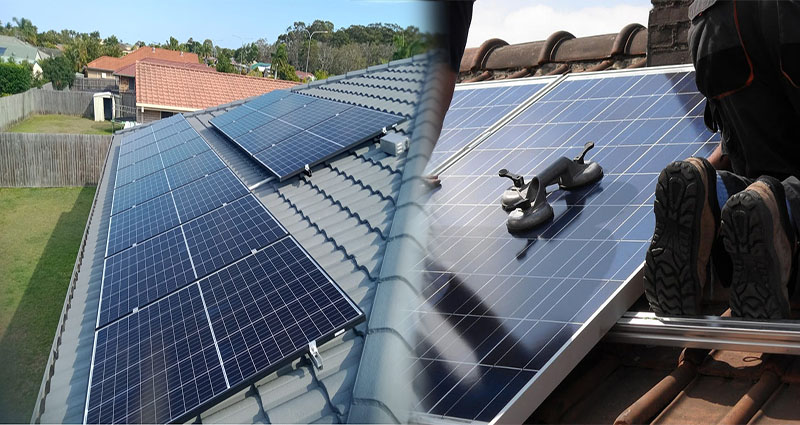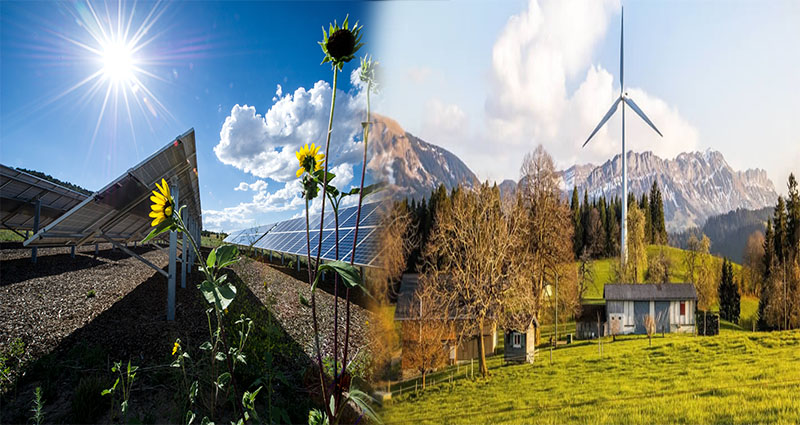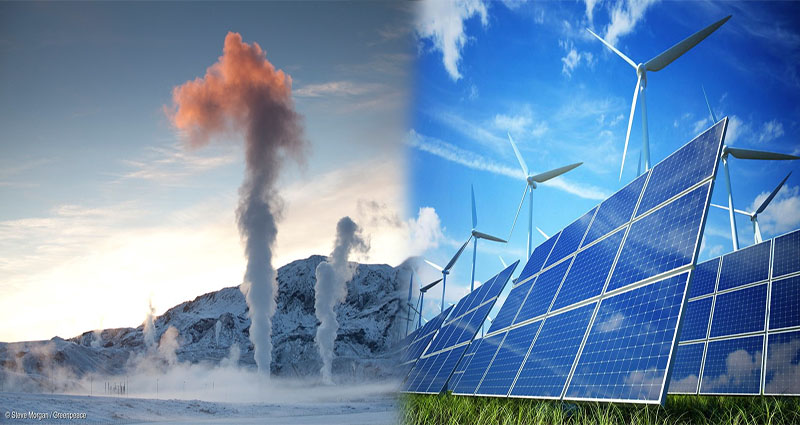Understanding the Sustainability of Wind Energy
Getting a good understanding of the sustainability of wind energy can be helpful when making decisions about a project. There are many factors to consider, including land and wind resources, the costs of installation and maintenance, and the potential environmental impact. By gaining an understanding of the issues and possibilities, you can make an informed decision that will benefit both you and the environment.
Onshore vs offshore
When you are trying to determine whether onshore or offshore wind energy is the best option, there are several factors to consider. These include cost, sustainability, and location.
Generally, onshore wind farms are less expensive to build. However, they do have some disadvantages. Some of these include the lack of a reliable power source and noise pollution. The visual impact can also be significant.
Offshore wind farms have some advantages, such as the fact that they have no natural barriers to them. This … READ MORE ...














